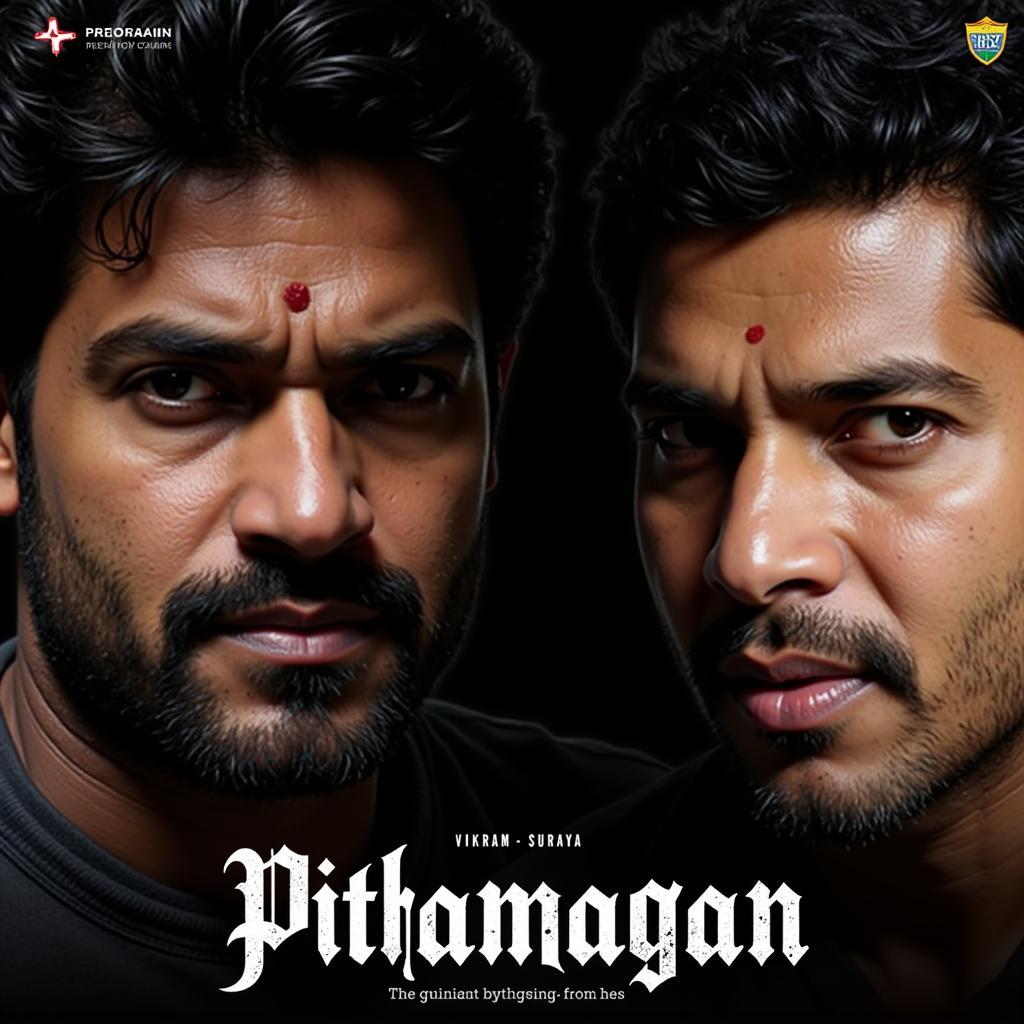The portrayal of Muslim women in American cinema has evolved significantly over time, often reflecting complex societal perceptions and stereotypes. This article delves into the nuanced representations, exploring how Muslim women are depicted in American films and the impact these portrayals have on audiences.
From Stereotypes to Subversion: The Evolution of Muslim Women Characters
Early portrayals of Muslim women in American films often relied on harmful stereotypes, depicting them as oppressed, submissive, or veiled figures lacking agency. These stereotypical images perpetuated misconceptions and reinforced cultural biases. However, recent decades have witnessed a gradual shift toward more nuanced and diverse representations. Filmmakers are increasingly challenging these stereotypes, presenting Muslim women as complex individuals with their own stories, ambitions, and challenges.
The Power of Representation: Authentic Voices and Stories
The importance of authentic representation cannot be overstated. When Muslim women are involved in the filmmaking process, both in front of and behind the camera, the resulting portrayals are often more nuanced and relatable. This allows for a deeper exploration of their experiences, challenges, and triumphs, showcasing the diversity within the Muslim community. Films like “Hala” and “The Breadwinner” offer compelling examples of stories told from the perspective of Muslim women, challenging audiences to confront their own biases and preconceived notions.
The Impact of Media Representation on Perceptions
Media representations significantly influence public perception. Accurate and diverse portrayals can foster understanding and empathy, breaking down stereotypes and promoting cross-cultural dialogue. Conversely, negative or stereotypical portrayals can perpetuate prejudice and reinforce harmful biases. It is crucial for filmmakers to be mindful of the impact their work has on shaping public discourse and strive for responsible and nuanced storytelling.
Beyond the Veil: Exploring the Multifaceted Lives of Muslim Women
The focus on the veil, or hijab, in portrayals of Muslim women often overshadows the multifaceted nature of their lives. While the hijab is a significant aspect of religious expression for some Muslim women, it is essential to move beyond this singular focus and explore other dimensions of their identities. This includes their professional aspirations, family dynamics, personal struggles, and contributions to society. By showcasing the diverse experiences of Muslim women, films can challenge the tendency to homogenize their identities and experiences.
The Role of Film in Promoting Intercultural Understanding
Film has the power to bridge cultural divides and foster understanding between different communities. By portraying Muslim women as complex individuals with their own unique stories, films can challenge preconceived notions and promote empathy. This can contribute to a more inclusive and tolerant society, where individuals are valued for their unique contributions and perspectives.
“Authentic storytelling is crucial for challenging stereotypes and promoting understanding. When we see ourselves reflected in media, it empowers us and validates our experiences.” – Dr. Amina Hassan, Professor of Media Studies (fictional expert).
Addressing the Challenges and Moving Forward
While progress has been made, challenges remain in the portrayal of Muslim women in American cinema. The underrepresentation of Muslim filmmakers and actors continues to limit the diversity of voices and perspectives. Additionally, the pressure to conform to certain narratives or stereotypes can hinder authentic storytelling.
“The film industry has a responsibility to portray Muslim women accurately and with respect. We need to move beyond simplistic narratives and embrace the complexity of their lived experiences.” – Laila Khan, Film Director (fictional expert).
In conclusion, the portrayal of Muslim women in American cinema is a complex and evolving landscape. While stereotypes persist, there is a growing movement toward more nuanced and diverse representations. By embracing authentic storytelling and challenging preconceived notions, the film industry can play a crucial role in fostering intercultural understanding and promoting a more inclusive society.
Remember, at Movie USA Full HD, we strive to bring you a diverse range of films that celebrate different cultures and perspectives.
For assistance, please contact us: Phone: 02933444567, Email: nanathemovies@gmail.com. Visit us at RF55+W7R, Lê Hồng Phong, Vị Tân, Vị Thanh, Hậu Giang, Vietnam. We have a 24/7 customer support team.
